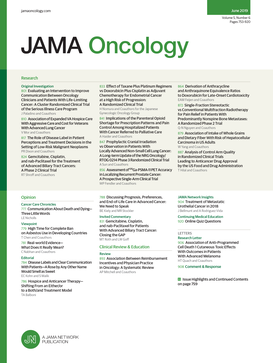Headline
Community health worker-led advance care planning and symptom screening program reduced acute care use for patients with advanced stages of cancer.
Context
National guidelines recommend advance care planning (ACP) and symptom management for patients with advanced stages of cancer, however few patients receive this care due to limited clinician time, lack of reimbursement, and cancer and palliative care workforce shortages, among other barriers. Lack of access to this standard of care can lead to psychological and physical distress among patients resulting in avoidable acute care use. This randomized clinical trial evaluates the impact of a program that leverages community health workers (CHWs) to engage with veterans with advanced stages of cancer in ACP and proactive cancer symptom screening in community settings.
Findings
The authors examined several data sources as a part of program evaluation including patient electronic health records, health care use, overall survival rate, and patient-reported outcomes. Overall, the study found strong evidence that the CHW intervention reduced acute care use among patients with cancer in a community clinic and produced related cost savings. There was also improvement in ACP documentation, palliative care use, hospice use, and mental and emotional health status over time in intervention participants. A key feature contributing to the success of the intervention was more time for and encouragement of participants to discuss ACP, their symptom burden, and questions with their CHW. This welcoming space for discussion could help participants be more informed and more likely to engage in subsequent ACP and symptom burden conversations in the future.
Takeaways
This study provides evidence to support that integration of a CHW-led ACP and proactive cancer symptom screening program can reduce acute care use for patients with advanced stages of cancer. Given the impact of this intervention on patient outcomes and its cost effectiveness, it should be considered as a sustainable strategy to also improve ACP documentation, palliative care and hospice use, and overall mental and emotional health for patients with advanced stages of cancer.




